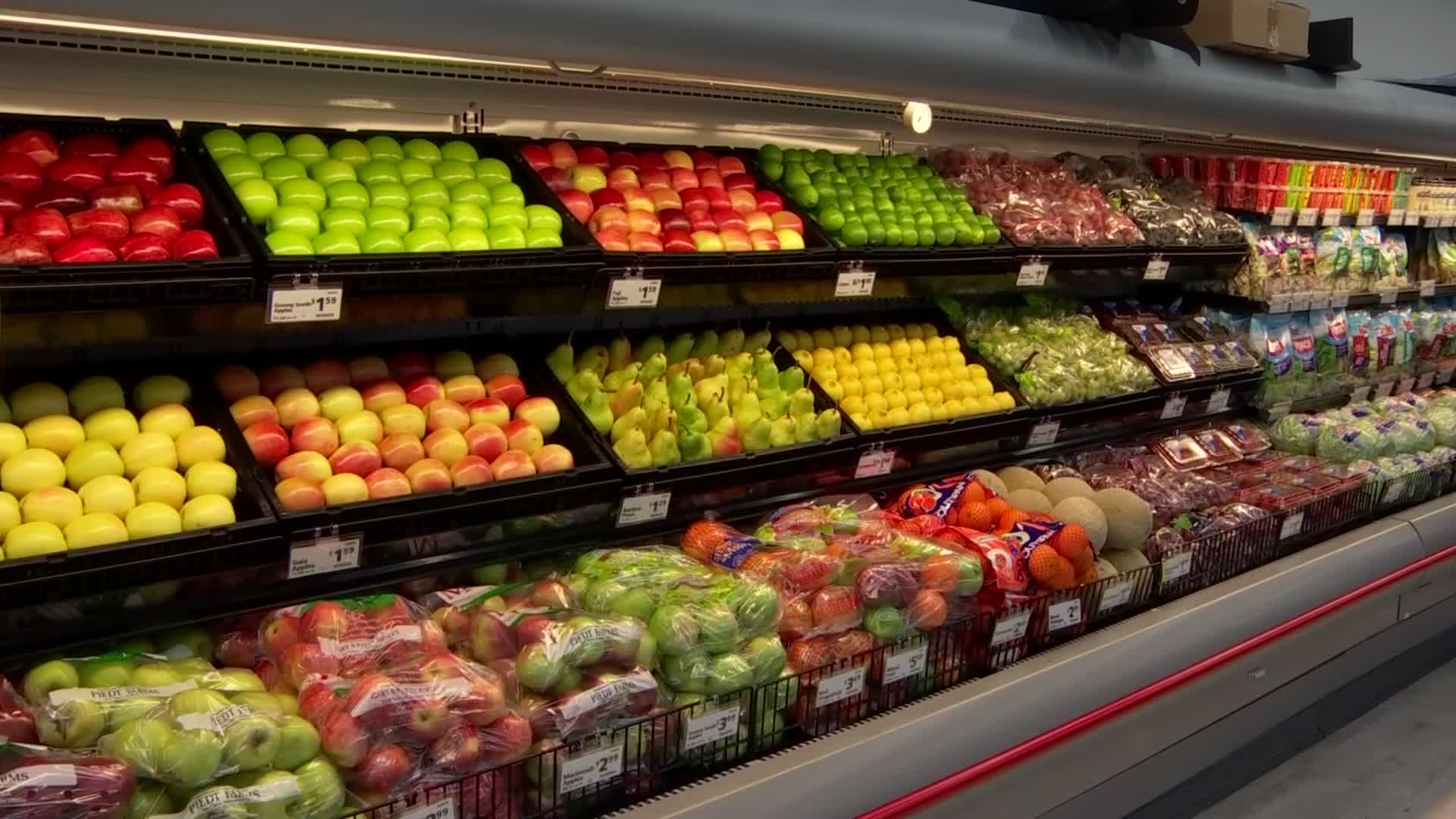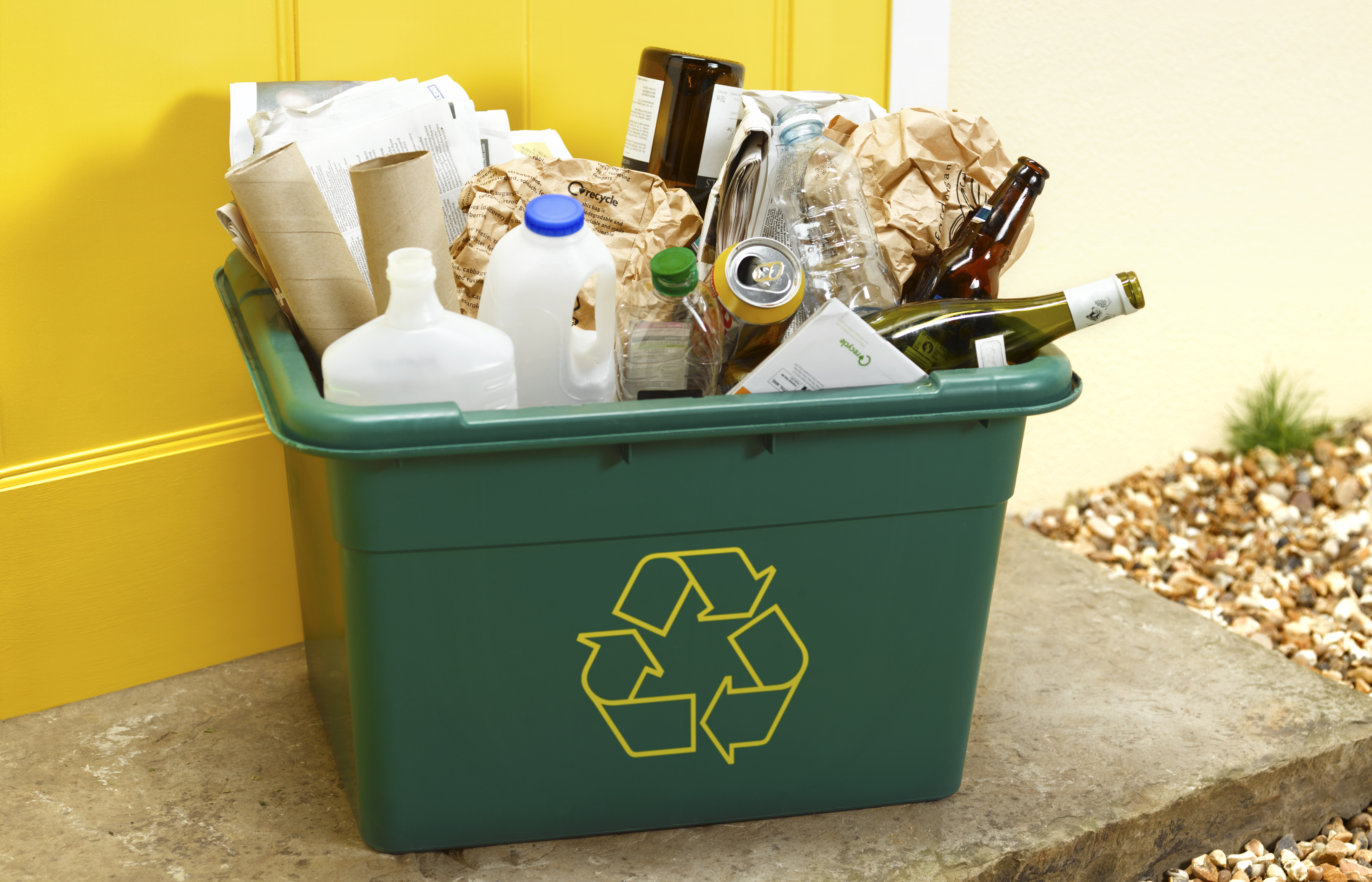Jim Barber spends most of his weekday tucked away in an unsuspecting warehouse off of Danbury’s Main Street. He, his business partner, son and daughter each work in their respective corners, designing, assembling or labeling toys they’ll sell to local retailers.
"From the beginning, the idea was, make it here," said Barber.
He manages every step of production—from hiring a Connecticut-based molding manufacturer, to printing out prototypes in his very own 3-D printer. Barber co-founded Luke’s Toy Factory just two years ago; however, he says the idea stems from his son Luke, who played with toys made overseas.
One of the toys Luke played with went through a recall.
"These toys all had lead paint on them," said Barber. "My three kids all played with these toys and I thought, 'That’s not right. They have to know what kind of paint they’re putting on these things.'"
So Barber took it upon himself. Today, his values all come together on the toys' "Made in America" label, which embodies his assurance to consumers that what you see is what you get.
But according to consumer advocate Bonnie Patten, that’s not always the case with other companies. Her non-profit, Truth in Advertising, found hundreds of products retailers claim are American-made when they are not.
Investigations
Take, for example, Walmart.
"We found a multitude of errors on their website," said Patten.
Truth in Advertising found 200 total examples at Walmart, ranging from disposable spoons, to children’s toys, to cosmetic sponges. In each example, the retailer mislabeled foreign-made products as American-made.
"Companies know consumers are willing to buy 'Made in the USA' products and even spend more money on them," said Patten.
According to a recent study, 60 percent of consumers would spend more on an American-made product.
When NBC Connecticut reached out to Walmart, they sent us a statement saying:
"We are very excited about the progress we are making on our 10 year, $250 billion commitment to buy products that support American jobs. We are continually working to improve our website listings and information. We are conducting a review of our site and continuing to work with our suppliers to help ensure we are giving our customers the transparency and authenticity they are looking for."
A spokesman also said the company recently took down all "Made in the USA" badges online and is working to improve its website. He also mentioned some items, such as the plastic spoons, used to be made in China, but are now made in Ohio.
Consumers can verify any product’s origin by checking the manufacturer’s label, which is usually part of the original packaging. That indication is typically much more accurate than anything the retailer adds.
The Federal Trade Commission allows retailers to tout "Made in the USA" if a product is assembled in the US and has at least half of its parts made in the U.S.
However, the FTC doesn’t pre-approve those claims, so it’s up to you to compare the manufacturer’s label to any added stickers or badges.
"They’re taking advantage of people’s good will in a lot of ways," said Patten. "And they’re also harming those companies that are truly 'Made in the USA' companies."
"When people go and they look for a toy made in the U.S.," said Barber. "And they see the American flag on it and they say, 'Oh, it’s made in the U.S.' The assumption is that’s true. Not partially true."



